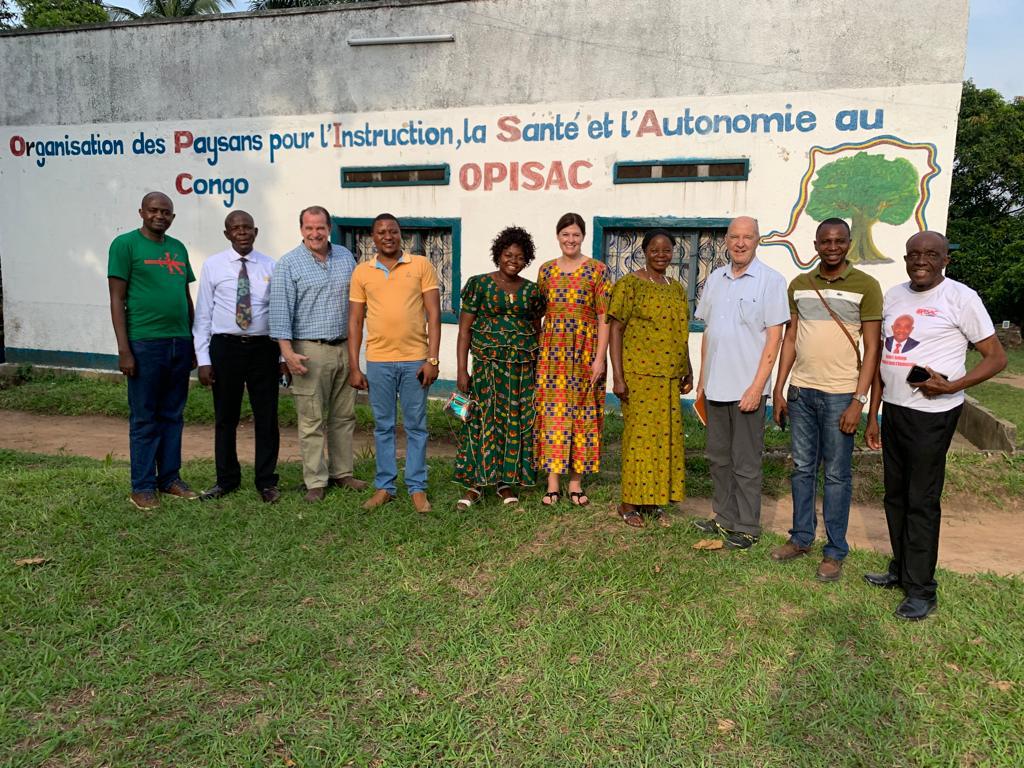Rural Development Centers, as designed and constructed by OPISAC, are comprehensive local facilities designed to introduce modern infrastructure and services to isolated, rural, and impoverished communities.
The Rural Development Centers are not traditional investment vehicles, rather, they are structured to deliver tangible benefits to both the communities they serve and the stakeholders involved in their development. The primary objective is to bridge the gap between primitive living conditions and modern conveniences, thereby fostering sustainable development and improving the overall quality of life for local residents, while focusing on improving localized resilience and minimizing the impact of external forces.
The core functions of Rural Development Centers include the provision of reliable electrical power, which may serve street lighting, essential community buildings, or, in some cases, the entire surrounding area. Given that many rural communities lack dependable power sources, these centers are designed to utilize alternative energy and water resources, ensuring self-sufficiency regardless of external circumstances. This approach guarantees the ability of the Rural Development Centers to operate continuously and fulfill their intended roles even in the absence of regional infrastructure.
Food security is a central focus of these centers. They offer facilities for safe food preparation and storage, adhering to Hazard Analysis Critical Control Points (HACCP) standards, and provide modern kitchens and laundry amenities.
By enabling secure storage and preparation of surplus agricultural produce, the centers help prevent the cycle of post-harvest loss and forced immediate sale at discounted rates, which often perpetuates poverty and food insecurity in rural settings.
In addition, the Rural Development Centers directly supply food and resources to those unable to provide for themselves, thereby addressing acute hunger and nutritional deficiencies.
Beyond basic needs, Rural Development Centers are equipped with educational, vocational, and technical training facilities.
These resources empower community members by enhancing their skills, increasing employability, and offering paid employment opportunities within the centers themselves.
The centers also support community development through liaison with local government representatives and engagement with the local population, ensuring that initiatives are responsive to the unique needs and aspirations of each community. The Rural Development Centers, in this regards, are merely one aspect of the localized People’s Organizations, all of which will be designed and constructed within the specific requirements and limitations of each community individually.
The Rural Development Centers further contribute to social support by organizing or participating in local community celebrations, providing sociological support services, and implementing projects aimed at rural development and rural improvement projects.
They also, in full accordance with local and domestic laws, address broader challenges such as unfair business practices, unforeseen circumstances, and the complex causes of poverty and the challenges of poverty eradication, offering holistic assistance that extends beyond material provision to encompass social and economic empowerment.
Rural Development Centers function as integrated and adaptive hubs that deliver essential services, foster economic and agricultural resilience, and promote social development within rural communities.
By introducing modern conveniences and opportunities for advancement, these centers play a pivotal role in elevating the standard of living and enabling sustainable growth in areas that have historically been marginalized or vulnerable.

